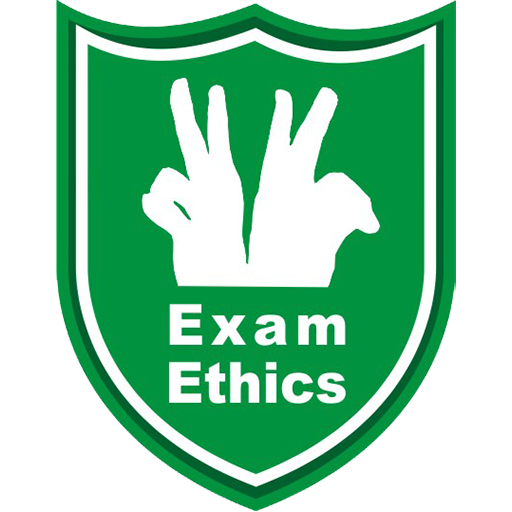This article is culled from The Excel Guidebook for Students: how to excel in exams, based on ethics compliant principles (Fourth Edition). The Excel Guidebook for Students is published by Exam Ethics Marshal International
In periods of preparing for examinations, knowing where and when to seek help facilitates success.
THE LAW OF MENTORSHIP.
In periods of preparing for examinations, knowing where and when to seek help facilitates success.
No person needs help as much as a student preparing for examinations. There are periods when you will be confused or bewildered by concepts and contexts. It is possible that you understand some subjects or topics more easily than others. It may also be question of increasing your revision efficiency or dealing with nervousness, stress and tension associated with examinations. In all these cases, it is important to seek help. It is even more important to know where and when to seek help. Seeking help at the wrong time and from the wrong source may be worse than not seeking help at all because you may end up with wrong answers. You need mentors. Your teacher is your number mentor. Choosing the correct mentors is important.
No person knows everything.
Not even your teachers know everything about their subjects. They still attend conferences and seminars. They read journals and books and remain current by networking with their colleagues. They actively seek knowledge. Students who excel are those who do not hesitate to ask questions on points, topics or subjects they do not fully understand.
When not to seek help.
The time to seek help is during your revision period and before your exams. Seeking help inside the exam hall amounts to exam malpractice. Avoid it because you run the risk of being sanctioned.
The types of help you do not need.
Any person who offers to “help” by way of exam malpractice is your enemy. In all cases, such people are out to achieve selfish gains. Even if he or she is your teacher, look deeply and you will discover that financial or material gain is at the root. When you fail to do well in an exam, ask yourself two questions. Did you do badly as a result of some errors? If so, take steps to correct the error. Or did you do badly because your true talents or real abilities lie elsewhere? These are questions you need to answer truthfully to yourself in order to make the correct moves that are likely to change not just your career but your life.
Ask your teacher.
During classes, ask questions on concepts or points that are not clear to you. If for any reason, you are not able to ask the question during classes, do not hesitate to call on your lecturer in his or her office. No teacher turns away students who are keen to seek knowledge. In fact such students are loved by teachers. Ask your teachers questions on areas he placed serious emphasis. These may be exam topics.
Ask your classmate.
You may miss one or two points in class due to noise. It may also be that the basic concept or the logic of a lecture was not very clear. After the class, do not hesitate to ask your classmate if he or she has better understanding. If yes, your classmate may present you with a simpler and clearer view of the subject.
Ask Exam Ethics Marshals.
There are Exam Ethics Marshals in most schools. They will be pleased to answer any of your questions or direct you to where you can get answers. You can contact Exam Ethics Marshal International through the contact information provided on the copyright page of this book if the Marshal movement is not yet operational in your school.
Prepare your questions in advance.
Before you approach your teacher, your Librarian or your classmate for assistance, make sure that you have a clear idea of the question you want to ask. Prepare your question and write it down on a piece of paper.









